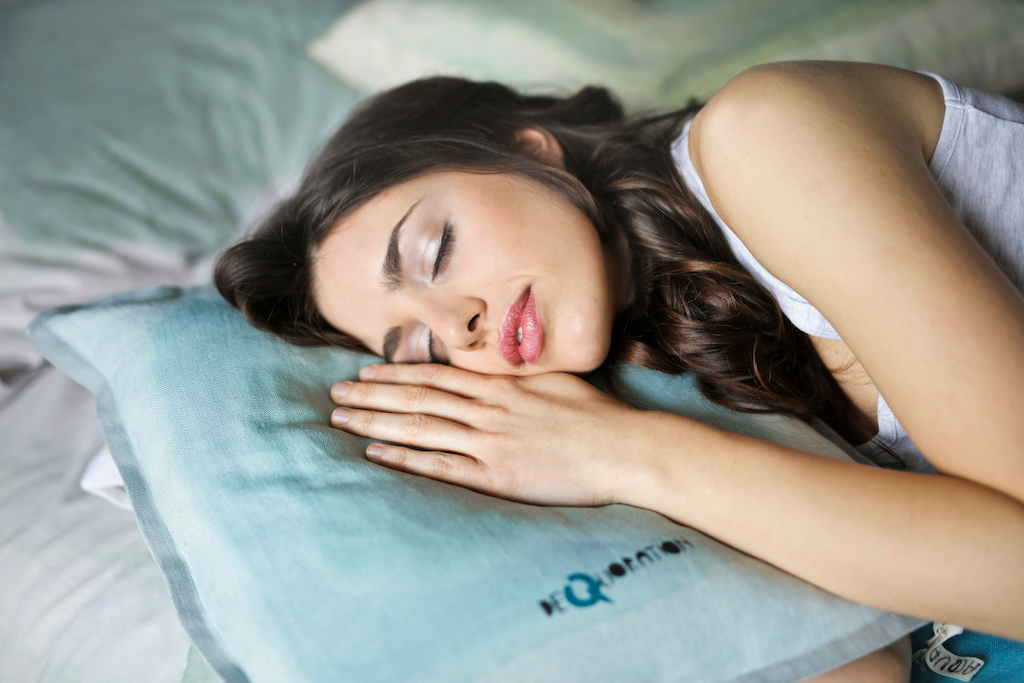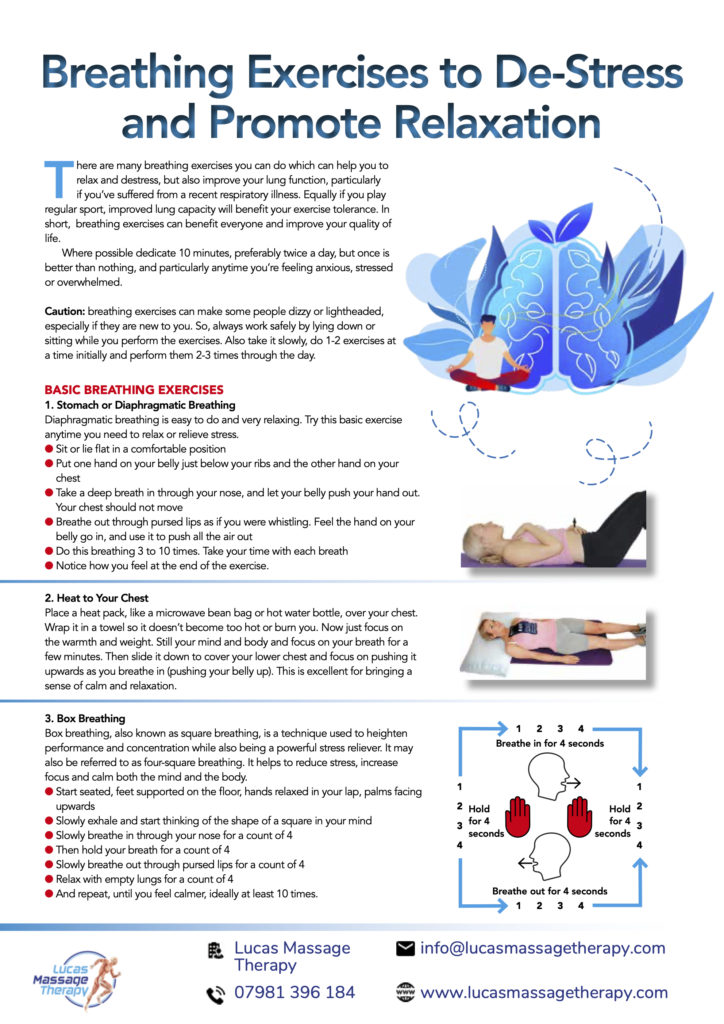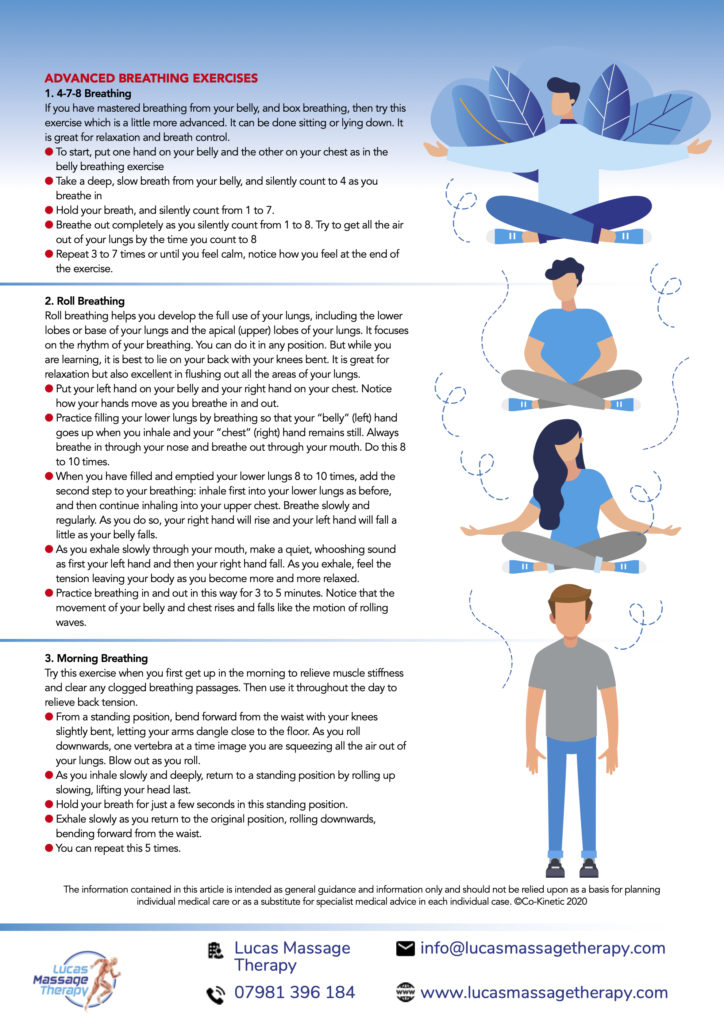How can I sleep better?
There are various factors that can cause sleep difficulties, such as stress, worry, anxiety, pain, and unhealthy habits. These challenges can be exacerbated by poor sleep hygiene. Achieving a good quality of sleep is crucial for both physical and mental well-being, as it can enhance productivity and overall life satisfaction. Here are some key principles of maintaining good sleep hygiene. It is important to avoid putting excessive effort into falling asleep, as worrying about sleep is more exhausting than staying awake.
WHAT TO DO BEFORE BED TO SLEEP BETTER
● Develop a consistent nightly schedule. This assists in priming your body and mind for sleep. Consuming food and beverages in the hours leading up to bedtime is expected to stimulate your body, so aim to engage in these activities earlier in the evening. Avoid foods that may cause disruption before sleep, such as heavy or indulgent meals, fatty or fried dishes, spicy cuisine, citrus fruits, and carbonated beverages, as they can trigger indigestion for certain individuals. When indigestion occurs close to bedtime, it can result in painful heartburn that interferes with sleep.
● Avoid engaging in activities such as reading or watching television in the bedroom. The bedroom should be exclusively associated with sleep and, perhaps, intimate moments. It should provide a serene and peaceful environment.
● Refrain from watching scary movies or shows that contain distressing content. These can increase adrenaline levels and promote wakefulness. Instead, opt for comedies that trigger the release of endorphins, which can aid in relaxation.
● Establish a consistent sleep routine by setting an alarm each night and aiming to wake up at the same time each morning, regardless of the amount of sleep you obtain during the night.
● Consider taking a warm bath or receiving a massage as these activities can effectively induce sleep.
● Prior to bedtime, refrain from engaging in rigorous physical activity. Instead, opt for non-aerobic exercises like yoga and stretching.
● Incorporating techniques such as meditation and deep breathing exercises can effectively soothe both the mind and body, promoting better sleep.
● It is advisable to steer clear of stimulating substances such as caffeine and nicotine in the hours leading up to bedtime. Additionally, while alcohol may initially aid in falling asleep faster, consuming it too close to bedtime can disrupt sleep during the latter half of the night as the body metabolizes the alcohol.

WHAT TO DO ONCE IN BED TO SLEEP BETTER
● Avoid dwelling on the day’s tasks, concerns, or future plans. This is not the appropriate time for such thoughts. Instead, focus on serene settings or happy events, or use your creativity to envision calming scenes.
● If you struggle to fall asleep in bed, engage in your relaxation routine as effective relaxation can be equally restorative as a good night’s sleep.
● If you’re unable to fall asleep, after 20 minutes, it’s better to get out of bed rather than lying there restlessly and worrying while constantly checking the time. This will only increase your body’s alertness due to adrenaline and anxiety. Engage in something monotonous and calming to help your body feel tired again.
● Make sure your sleeping environment is quiet, well-ventilated, dark, and at a comfortable temperature.
Extra Tips to Sleep Better at Night
● Refrain from engaging in daytime napping or restrict it to a maximum duration of 30 minutes before 3 pm. In instances of daytime fatigue, engaging in yoga, stretching exercises, allocating time for deep breathing exercises and meditation, or simply elevating your feet can aid in your body’s rejuvenation process and potentially minimize disruption to your natural sleep pattern, as opposed to excessively sleeping during the day and subsequently adopting a nocturnal lifestyle.
● Ensuring adequate exposure to natural light. This is particularly important for individuals who may not venture outside frequently. Exposure to sunlight during the day, as well as darkness at night, helps to maintain a healthy sleep-wake cycle.
● Making sure that the sleep environment is pleasant. The mattress and pillows should be comfortable. The bedroom should be cool (15–19°C) for optimal sleep. Bright light from lamps, cell phones and TV screens can make it difficult to fall asleep, so turn those lights off or adjust them when possible. Consider using blackout curtains, eye shades, ear plugs, ‘white noise’ machines, humidifiers, fans and other devices that can make the bedroom more relaxing so you can sleep better.
● Adequate exposure to natural light is crucial, especially for individuals with limited outdoor activity. Sunlight during the day and darkness at night are vital for maintaining a healthy sleep-wake cycle.
● Ensure a pleasant sleep environment by having a comfortable mattress and pillows. The bedroom should be kept cool, ideally between 15-19°C, for optimal sleep.
● Minimize bright light from lamps, cell phones and TV screens, as they can interfere with falling asleep. Consider using blackout curtains, eye shades, ear plugs, ‘white noise’ machines, humidifiers, fans, or other relaxing devices in the bedroom.
Best Breathing Exercises to Sleep Better



Whether you need that revitalised feeling that comes with a good night’s sleep, or a new routine that builds in that all-important ‘me-time’, our free Lucas Massage Therapy wellbeing resource pack will get you started on the path to a happier, healthier you.
**These accessible guides are based on the latest science on wellbeing and are packed with practical tips on how to reduce stress, boost your mood and improve your health.**
Topics include:
– How to sleep better
– Diet tips for wellbeing
– Mastering mindfulness
-A guide to alternative therapies
And much, much more

